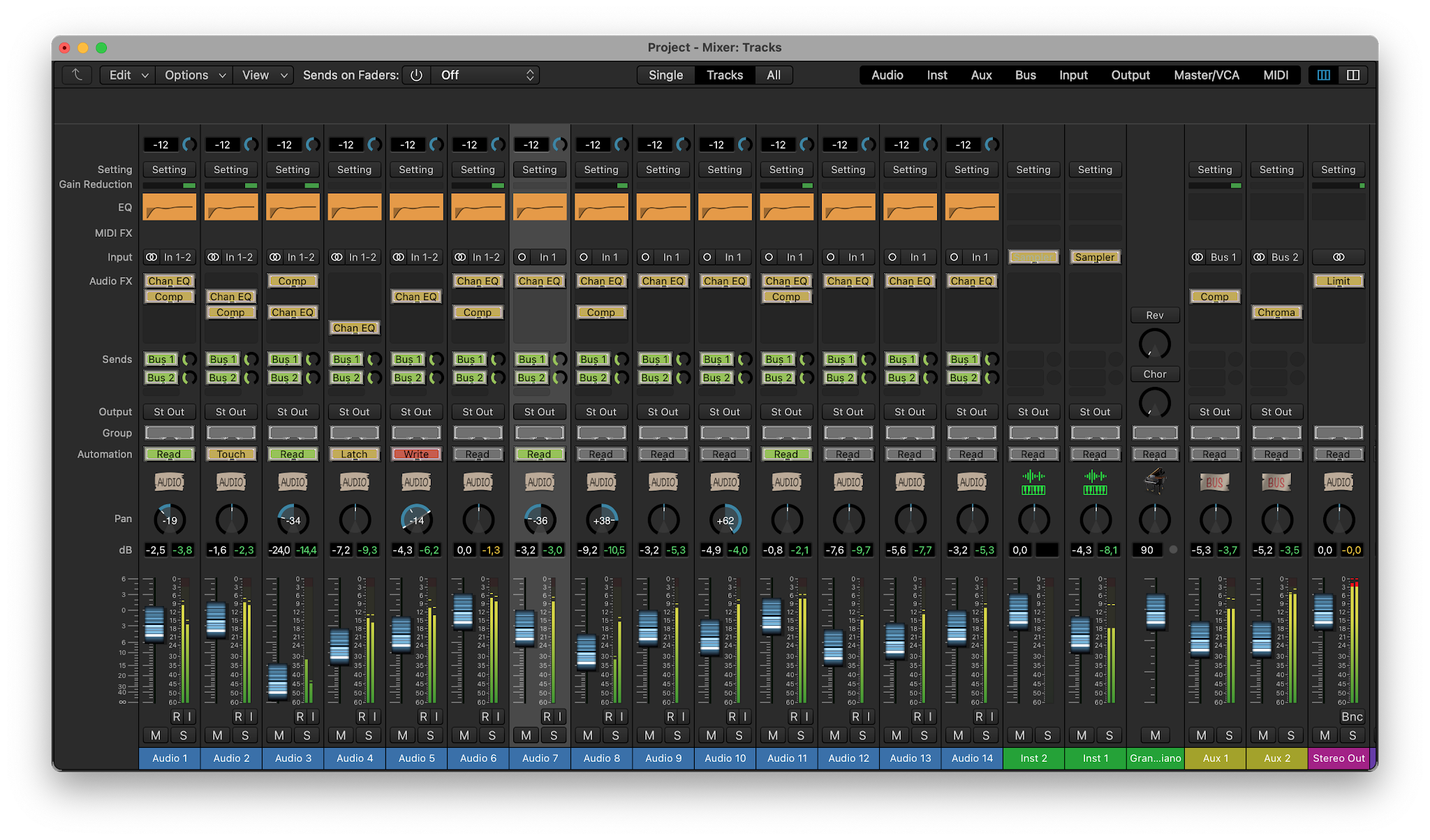


TimeStation uses conventional HTTP response codes to indicate success or failure of an API request. # The colon prevents curl from asking for a password. API requests without authentication will also fail. If you need to authenticate via bearer auth (e.g., for a cross-origin request), use -H "Authorization: Bearer 4uahz4f7cvj29圆3ew65vw3yf9p8rpeg" instead of -u 4uahz4f7cvj29圆3ew65vw3yf9p8rpegĪll API requests must be made over HTTPS. Provide your API key as the basic auth username value. Your API keys carry many privileges, so be sure to keep them secure! Do not share your API keys in publicly accessible areas such as GitHub, client-side code, and so forth.Īuthentication to the API is performed via HTTP Basic Auth. To create an API key, log in to your TimeStation account, then go to Settings > API Keys The TimeStation API uses API keys to authenticate requests. The REST endpoint URL for the TimeStation API is: The TimeStation API is organized around REST, it has predictable resource-oriented URLs, accepts form-encoded request bodies, returns JSON-encoded responses, and uses standard HTTP response codes, authentication, and verbs. As TrueLark continues to add new clients, NexHealth offers the support to onboard them quickly with a one-click setup.The TimeStation API allows you to programmatically access and modify data in your TimeStation account. Today, with the help of NexHealth, TrueLark is able to extend its offering effortlessly to dental practices of all sizes, from family-owned practices to DSO’s. "We're changing healthcare with our AI-powered patient interface, and that's possible thanks to the NexHealth API." "NexHealth's API was the only solution that met our requirements for read/write capabilities, synchronization speed, and reliability," Patel said. TrueLark can now drive more revenue for customers with an integrated online booking experience. "Data access becomes infinitely easier with NexHealth."Ī vital feature of the NexHealth partnership was the ability to instantly book appointments in practice management systems and electronic health records. "NexHealth allows us to access data across a wide range of dental practices, access info like what services are available, when, and with whom," Patel said. And NexHealth takes just 30 seconds to sync the data, precisely what TrueLark needed. It took just a few weeks to build its system with NexHealth's API, and TrueLark now relies on almost all API endpoints. When TrueLark partnered with NexHealth, it found a match that exceeded performance expectations. "Every other healthtech company that attempted to read/write into health record systems has not met our performance standards." "We were initially skeptical if the NexHealth API would work," Patel said. TrueLark needed an API partner with integrations across health record systems, bidirectional read/write capabilities, real-time synchronization, and reliable performance. It would take months of development work, be prohibitively expensive, and require long-term developer resources to maintain the integration. Simply building PMS integrations one by one wasn't an option. "To build conversational AI systems, you need to handle a wide range of inputs." "We needed to solve a broad use case, not a narrow use case," said Tapan Patel, head of product for TrueLark. Any lag in retrieving data would disrupt the conversation between the AI and the patient. The AI-communication service needs to source information from online schedules, doctor-patient texting, and the practice management systems (PMS) to be effective.

TrueLark's AI platform allows patients to receive support and book appointments during and after business hours, to bring automation to routine tasks at dental practices and drive up revenue.


 0 kommentar(er)
0 kommentar(er)
